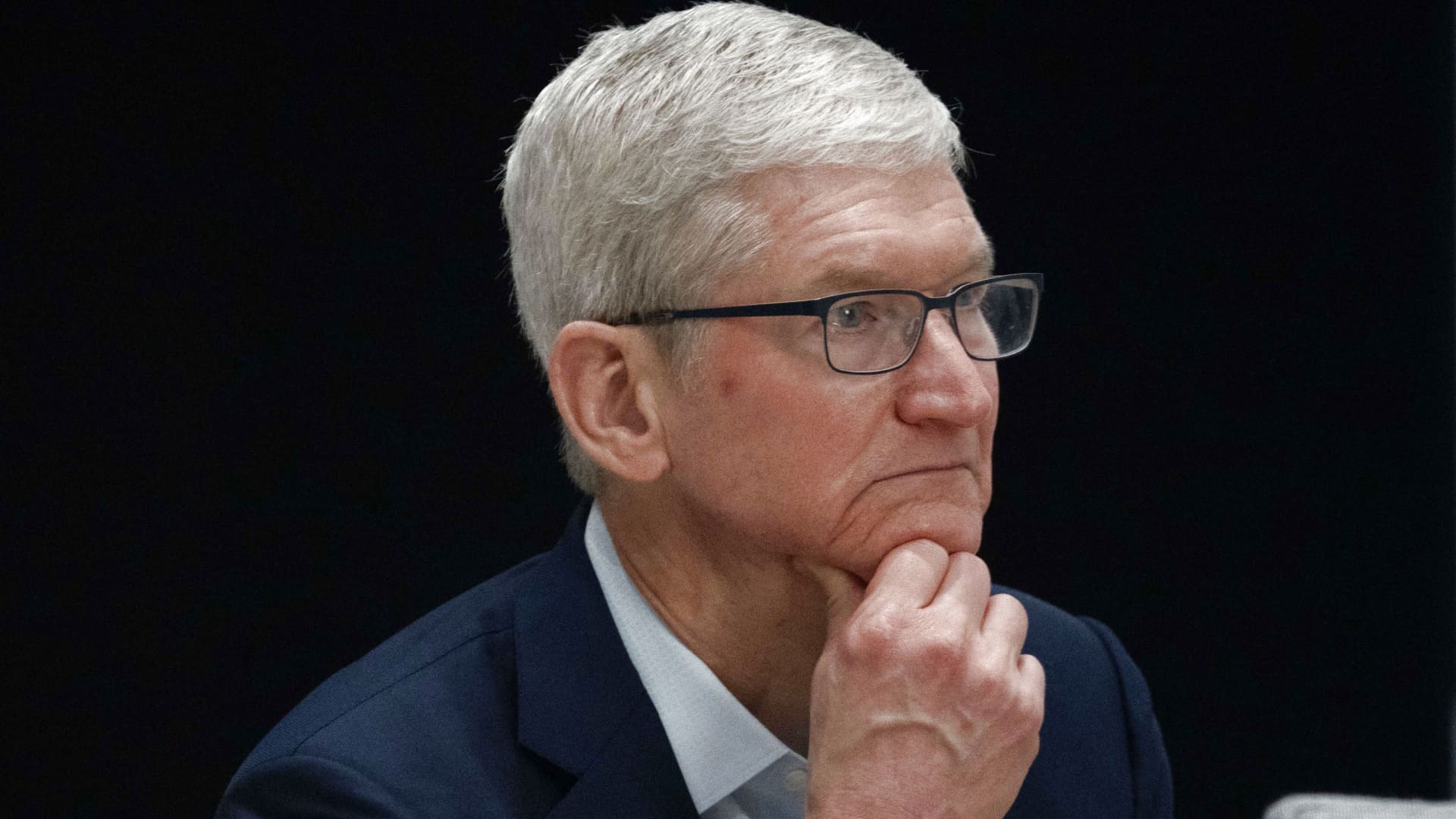Chirac’s Party Suffers Harsh Defeat At Local Polls
In Sunday’s second and final round of the regional election, Chirac’s centre-right Union for a Popular Movement (UMP) party looked set to be almost wiped from the regional map, with the left taking control of at least 20 of the 22 regions in the country, reported Agence France-Presse (AFP) Monday, March29 .
Initial official figures showed the UMP and its junior coalition partner the Union for French Democracy (UDF) getting 38 percent of the vote, against50 percent for the Socialists and its Green and Communist allies.
The far-right National Front (FN), which was fighting in 17 of the22 metropolitan regions, took around 12 percent.
Turn-out was about 67 percent, indicating a high degree of voter motivation compared to previous regional elections.
Among the most embarrassing losses was Prime Minister Jean-Pierre Raffarin’s home region of Poitou-Charentes on the Atlantic coast, where the Socialist candidate Segolene Royal — PS leader Francois Hollande’s partner — improved on her already overwhelming first round performance to take 55 percent of the vote.
More of a surprise was the defeat of the former president Valery Giscard d’Estaing in the mountainous Auvergne of central France , where he has served as regional president since1986 .
Cabinet Reshuffle
The result made a cabinet reshuffle in the coming days a virtual certainty, with the fate of Raffarin hanging in the balance.
With the left hailing its victory as the start of a return to the political centre-stage, Chirac was under pressure to show that he has taken account of public discontent, and a major shake-up of the cabinet was seen as likely in the coming days.
Raffarin’s attempts to streamline parts of France ‘s large public sector have provoked a wave of protests by groups including scientific researchers, lawyers, hospital staff and performing artists — while his aim of liberalizing employment law has prompted the criticism that he sides with big business.
Speaking on national television, the premier conceded that the government had to heed the message from voters, but he said the policies of economic and social reform could not be halted.
“I am sure the French do not want a return to immobility. Reforms must be continued very simply because they are necessary.”
In the French political system, prime ministers are appointed to carry out the president’s policies but take the rap if they prove unpopular.
PS leader Francois Hollande said that the electorate has justly “pronounced a heavy rejection of the whole of Jean-Pierre Raffarin’s government”.
“They have rejected a policy which for two years has deepened inequalities, intensified social tensions and despised the weak,” said Hollande.
Among those ministers believed to be most vulnerable are Education Minister Luc Ferry and Health Minister Jean-Francois Mattei. Tipped for promotion was junior urban affairs minister Jean-Louis Borloo, whose popular touch and enthusiasm have impressed Chirac.
‘End Of Chiracism’
The French press grilled the UMP, saying the new blow ushers in the “end of Chiracism”.
“The emperor has no clothes: Jacques Chirac has been summarily defeated, without extenuating circumstances. He is a man whose electorate, after 30 years, has figured out all his moves,” Liberation entitled its commentary.
In its editorial piece, Le Figaro said of the huge election victory by the opposition PS and its allies: “In a magnification of the first round, a pink wave has swept across the country”.
“While the majority in the country remains on the right, the UMP and the UDF have lost on all fronts,” the paper said.
Speculation swirled around the fate of Raffarin, with the popular daily Le Parisien blazing “What is he going to do?” across its front page next to a photo of a contemplative Chirac.
However, Le Figaro said Chirac was still minded to keep Raffarin on because the man most likely to replace him — Interior Minister Nicolas Sarkozy — is also Chirac’s clear rival for leadership of the center-right.



